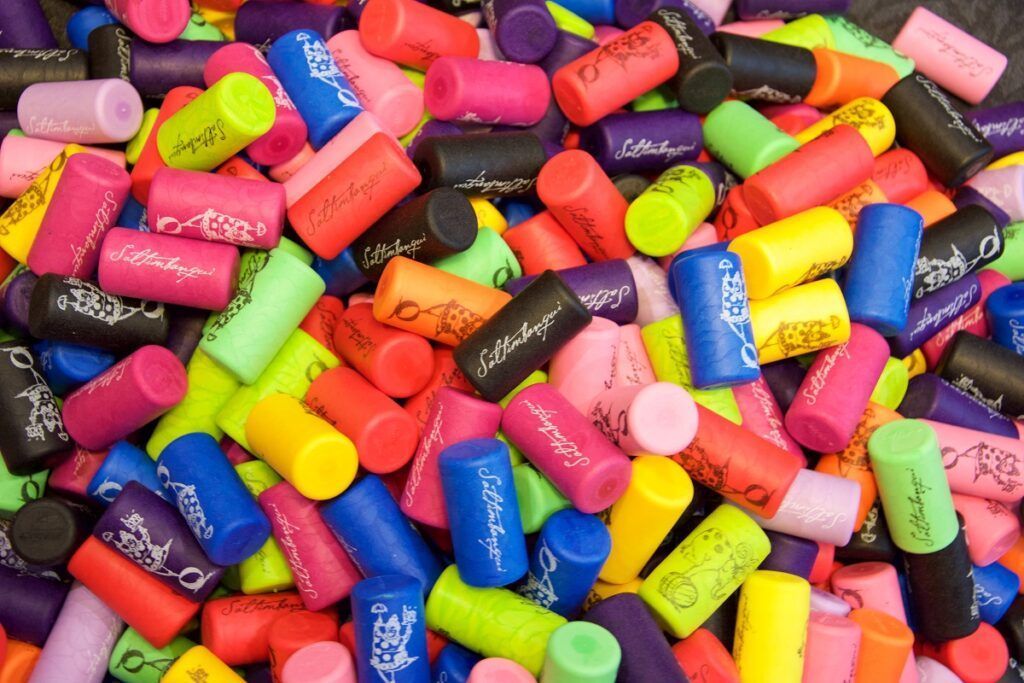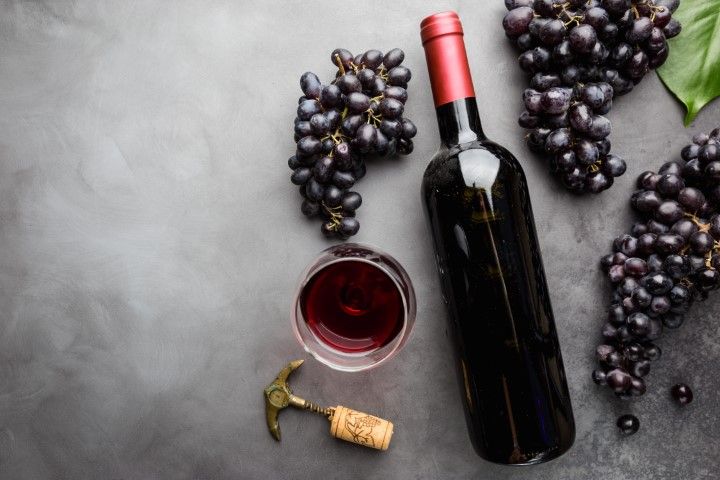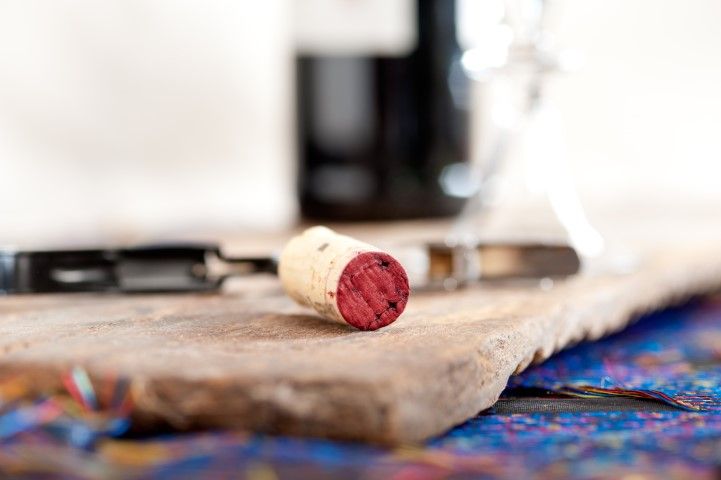Synthetic wine stoppers are one of the inventions that have evolved the most in recent decades. In many cases, they have become a high-quality alternative to traditional natural cork stoppers.
This system for bottling wine allows for optimal preservation of aromas and qualities, and it has earned the trust of many wineries thanks to the benefits it provides.
The evolution of stoppers: from cork to synthetic
The cork stopper has been the go-to closure for wine bottles for several centuries. Therefore, producers and consumers are well aware of its main drawbacks: its high porosity can lead to oxidation, microbial contamination, and the dreaded “cork taint” that ruins the entire contents.
On the other hand, technological advances in the plastic industry have made it possible to develop modern synthetic stoppers made from polymers that result in higher-quality synthetic resins. Some of these have properties superior to traditional cork.
These innovations are possible thanks to the fact that synthetic cork stopper manufacturers constantly invest in R&D to improve their performance. The result of this investment translates into extraordinary sealing qualities, greater hygiene, and improved durability.
Characteristics and advantages of synthetic stoppers
Synthetic stoppers have several characteristics that make them an ideal option for preserving quality wines:
- A total seal that prevents oxidation and the loss of the wine’s aromas.
- The polymers used are inert materials that do not impart strange flavors or odors.
- These non-porous materials prevent the proliferation of molds and bacteria, including the notorious TCA.
- Since they are made in molds, they offer excellent dimensional uniformity and fit perfectly in the bottle’s neck.
- They have high durability, which has been further improved in recent years.
- They offer the possibility of being customized with logos, texts, and designs with ease.
- Synthetic materials are 100% recyclable and sustainable. There are also biodegradable options.
But these characteristics and advantages are better understood when compared to those of natural cork, which has inherent porosity that allows some oxygen to pass through, may transmit unwanted flavors due to the presence of TCA, has greater dimensional variability, and a shorter lifespan. Synthetic stoppers overcome all these limitations.
Comparison: synthetic stoppers vs. natural corks
When making a comparison with traditional corks, synthetic stoppers stand out in several key points:
- They are more economical than natural cork and allow for an improved profit margin for each bottle. The price can be up to 5 times lower.
- Greater airtightness: since they are made with polymers such as PVC or polyethylene, non-porous materials with a controlled degree of elasticity, their seal is total, perfectly adapting to the bottleneck and preventing any oxygen from entering.
- Greater hygiene: due to the absence of pores, their smooth and uniform surface prevents the development of molds and bacteria that cause bad odors and unpleasant flavors, which can spoil the wine.
- High uniformity: being made by injection molding, all stoppers are exactly the same and fit perfectly into any bottle of the corresponding size.
- Neutrality: they are made from materials that do not release or allow any type of contaminant to enter the bottle. This is essential to avoid the “cork taint.”
Additionally, a detail that may concern many people: synthetic corks are recyclable, and like many plastics, they can be disposed of in the yellow container for recycling.
Types of synthetic stoppers on the market
There are various models of synthetic stoppers, such as wine bottle stoppers, which can be adapted to the needs of producers in different ways.
Standard synthetic stoppers
These are the most economical. They can imitate the aesthetic finish of cork or be dyed in various colors. The materials they are made from ensure good sealing and wine preservation. They are the perfect option for bottling young wines for medium consumption, whether red, white, or rosé.
Custom synthetic stoppers
Custom stoppers allow the logo and brand image of the wine to be integrated through high-quality printing methods. They are usually made with high-end polymers and, like the standard ones, are suitable for wines that are not stored for very long periods.
The most profitable alternative to natural cork
Synthetic stoppers are now a real option for any winery looking for maximum quality and reliability at the best price. Their extraordinary performance guarantees the perfect preservation of the wine and enhances the brand image with original and exclusive designs, a key point that allows wineries to stand out in the vast wine market.





